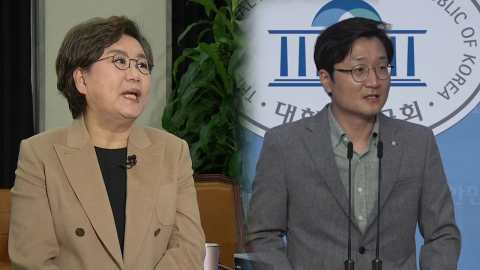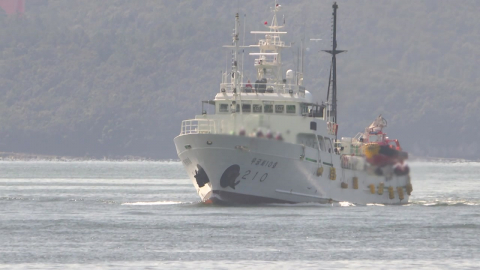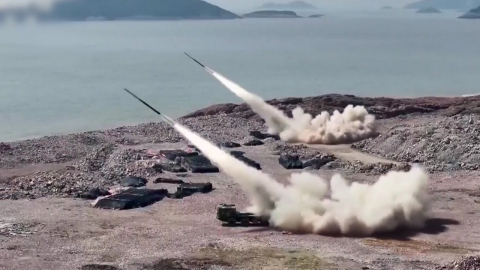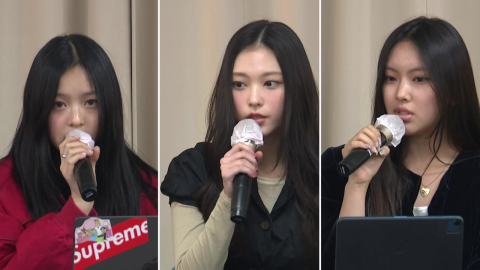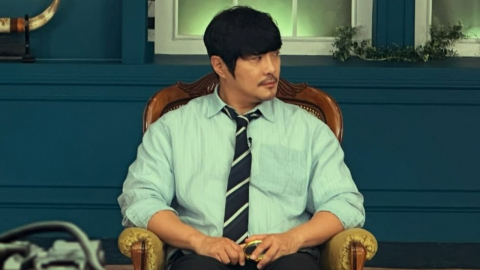-
퇴근길 종각역 인근 추돌 사고…1명 사망·9명 부상재생
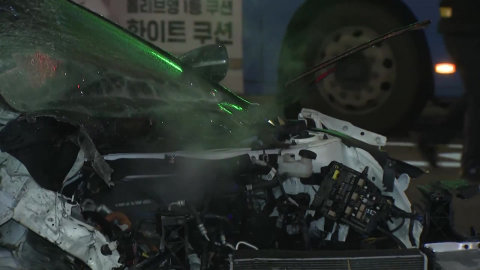
-
어제(2일) 오후 퇴근 시간 무렵, 서울 종각역 인근에서 차량이 잇따라 추돌하는 사고가 났습니다. 처음 앞차를 추돌한 택시가 보행자를 덮치면서, 1명이 숨지고 9명이 다쳤습니다. 임성재 기자의 보도입니다. [기자] 흰색 SUV 택시 전면부가 형체를 알아볼 수 없을 정도로 찌그러졌습니다. 주변 길가에는 차량에서 떨어져 나온 부품이 널브러져 있습니다. 오후 6시 5분쯤 서울 종각역 인근에서 70대 A 씨가 몰던 전기차 택시가 앞서 가던 승용차를 들이받았습니다. 이후 신호등 기둥과 충돌한 뒤 또 다른 승용차와 부딪혔습니다. [사고 현장 목격자 : 사고 소리 ’쿵’, ’쾅’하는 박살 나는 소리가 워낙 커서요. / (사고 차량에서) 흰 연기가 계속 나왔기 때문에 소방 관계자들이 불을 끄고….] 이 사고로 택시 기사 A 씨와 승객 3명, 그리고 길에 있던 보행자 6명 등 10명이 크고 작은 부상을 입었습니다. 이 가운데에는 인도네시아와 인도 국적의 외국인 4명도 포함됐습니다. 부상자 중 크게 다친 40대 한국인 여성은, 심폐소생술을 받으며 병원으로 옮겨졌지만, 끝내 숨졌습니다. [이종식 / 서울 종로소방서 현장대응단장 : 보행자 6명이 다쳤는데요, (1명은) CPR로 병원 이송했고, 보행자인 거로 알고 있습니다.] 경찰의 음주 측정 결과, A 씨가 술을 마시고 운전을 한 건 아닌 거로 파악됐습니다. 약물 복용 여부에 대해선 추가 조사가 이뤄질 거로 보입니다. 경찰은 A 씨에 대한 치료 경과를 보며 정확한 사고 경위를 조사할 방침입니다. YTN 임성재입니다. 촬영기자 : 윤소정 영상편집 : 신홍 ※ '당신의 제보가 뉴스가 됩니다' [카카오톡] YTN 검색해 채널 추가 [전화] 02-398-8585 [메일] social@ytn.co.kr
-
오는 5일 한중 정상회담…"정부, 하나의 중국 존중"재생
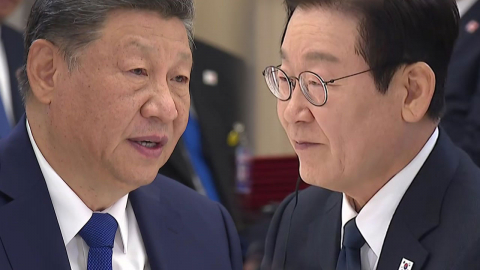
-
내일(4일)부터 중국을 국빈 방문하는 이재명 대통령이 방중 둘째 날인 5일, 시진핑 중국 국가주석과 만나 한반도 평화와 '한한령' 완화 문제 등을 논의합니다. 한중 정상회담에 앞서 청와대는, 중국이 민감하게 여기는 타이완 문제에 대해 '하나의 중국'을 존중한다고 밝혔습니다. 강진원 기자의 보도입니다. [기자] 지난해 11월 시진핑 중국 국가주석의 '국빈 방한' 이후 두 달여 만에 이뤄지는 이재명 대통령의 '국빈 방중' 세부 시간표가 공개됐습니다. 오는 4일부터 베이징에서 2박, 상하이에서 하룻밤을 자는 3박 4일간의 일정입니다. 첫날 저녁 중국에 거주하는 우리 국민을 만나 격려할 이 대통령의 방중 기간 '하이라이트'는 이튿날인 5일에 펼쳐집니다. 한중 비즈니스 포럼에 참석해 양국 재계 주요 인사들과 두 나라 경제 협력 확대를 모색한 데 이어 시진핑 주석과 정상회담을 합니다. [위 성 락 / 청와대 국가안보실장 : 한중 양국이 직면한 민생과 평화의 문제를 해결하기 위한 실질적인 방안에 대한 심도 있는 논의를 가질 예정입니다.] 테이블에 오를 핵심 의제는 한반도 평화와 '한한령 완화' 등을 포함한 경제 문제, 그리고 중국이 설치한 서해 구조물 등 양국 간 민감한 현안입니다. 특히, 오는 4월 트럼프 미국 대통령의 중국 방문이 예상되는 상황에서, 시진핑 주석을 통한 김정은 북한 국무위원장과 대화 모색에 관심이 쏠립니다. [위 성 락 / 청와대 국가안보실장 : 한중 관계의 전면적인 복원이 한반도 문제 해결의 돌파구 마련에도 기여할 수 있도록 중국에 건설적인 역할을 당부하겠습니다.] 방중 사흘째인 6일에는 중국의 경제사령탑인 리창 총리와 우리로 치면 국회의장 격인 자오러지 전인대 상무위원장과 대면합니다. 시진핑 주석에 이어 중국 내 권력 서열 2, 3위인 최고위급 인사를 잇달아 만나 양국 관계 발전 방안을 논의하는 겁니다. 베이징 일정을 마친 이 대통령은 상하이로 이동해 상하이 당서기와 만찬을 하고, 다음 날인 7일 한중 벤처 스타트업 서밋과 상하이 임시정부 청사 방문 등의 일정을 소화한 뒤 귀국길에 오릅니다. 청와대는 이 대통령의 중국 방문을 앞두고 진행된 한중 외교장관 통화에서 중국 측이 '하나의 중국' 원칙 준수를 요구한 데 대해, 우리 정부는 이를 존중하는 입장이라고 밝혔습니다. 중국이 민감하게 반응하는 타이완 문제와 관련해, 불필요한 마찰을 피하려는 의도로 보입니다. 청와대는 한중 정상이 두 달 간격으로 상대국을 국빈 방문하고, 새해 첫 정상외교 일정을 함께 하는 건 전례가 없다며, 이번 방중이 양국 관계 발전의 새로는 장을 여는 계기가 될 거로 기대했습니다. YTN 강진원입니다. 영상기자 : 최영욱 김정원 최광현 영상편집;한경희 디자인 : 윤다솔 ※ '당신의 제보가 뉴스가 됩니다' [카카오톡] YTN 검색해 채널 추가 [전화] 02-398-8585 [메일] social@ytn.co.kr
-
단독 ’김병기 금품수수’ 수사 요청에도…경찰, 착수 안 해재생
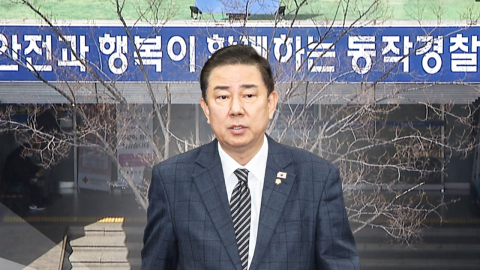
-
더불어민주당 김병기 전 원내대표의 금품 수수 의혹과 관련해 경찰은 이미 2달 전 인지 수사 요청을 받고도 수사에 나서지 않은 것으로 YTN 취재 결과 확인됐습니다. 당시 경찰에 탄원서를 제출했던 전 보좌진은 관련 진술서와 참고인 명단까지 전달했던 것으로 파악됐습니다. 이현정 기자의 단독 보도입니다. [기자] 더불어민주당 김병기 의원의 금품수수 의혹이 담긴 탄원서가 경찰에 제출된 건 지난해 11월 8일입니다. 지난 2020년 총선을 앞두고 전 동작구 구의원 2명이 각각 현금 2천만 원과 1천만 원을 김 의원의 부인에게 건넸고, 수개월 뒤 돌려받았다는 내용입니다. 김 의원의 전 보좌진은 탄원서를 제출하며 경찰에 수사를 요청했지만, 이후 2달 가까이 지나도록 경찰은 수사에 착수하지 않은 것으로 YTN 취재 결과 확인됐습니다. 이와 관련해 서울 동작경찰서 관계자는 탄원서가 수사를 요구하는 취지는 아니라고 판단해, 별도로 사건을 배당하지 않았다고 해명했습니다. 이에 대해 당시 경찰서를 직접 찾았던 김 의원의 전 보좌진은 YTN과의 통화에서 경찰에 탄원서를 제출하며 분명 인지수사를 요청했다고 반박했습니다. 또, 이와 관련한 진술서도 작성해 제출하고 조사에 필요한 참고인도 한 명 한 명 지목해줬다며, 경찰이 그동안 수사를 뭉갠 것으로 보인다고 주장했습니다. 새로운 의혹의 파장이 커지며, 경찰에는 정치자금법 위반과 뇌물 수수 등 혐의로 김 의원 등을 수사해달라는 고발장도 접수됐습니다. 서울경찰청 공공범죄수사대가 김 의원 관련 사건 11건 가운데 10건을 수사해 왔는데, 이번 금품 수수 사건까지 직접 맡게 됐습니다. 김병기 의원을 둘러싼 각종 비위 의혹이 확대되는 가운데, 경찰은 조만간 강제수사와 소환조사를 검토할 것으로 보입니다. YTN 이현정입니다. 영상편집 : 김민경 디자인: 정은옥 ※ ’당신의 제보가 뉴스가 됩니다’ [카카오톡] YTN 검색해 채널 추가 [전화] 02-398-8585 [메일] social@ytn.co.kr




